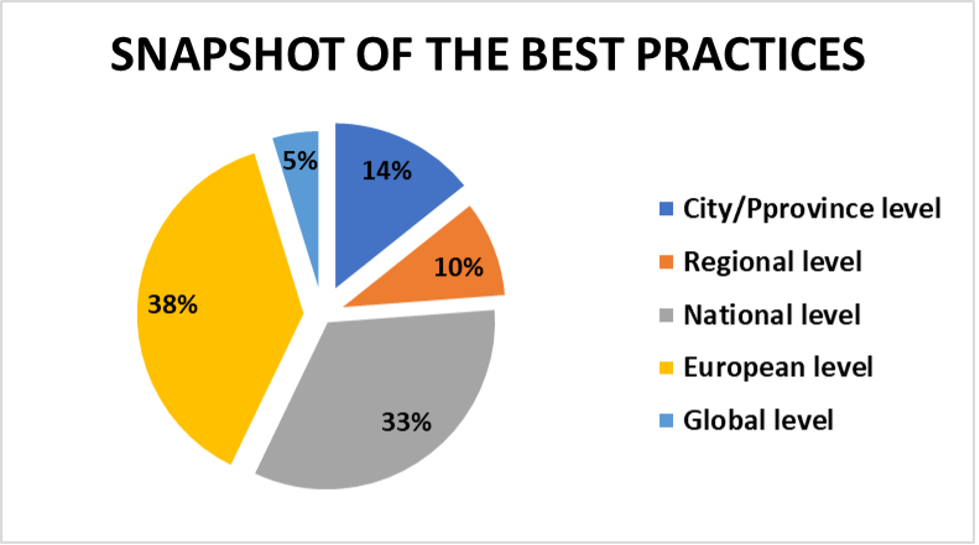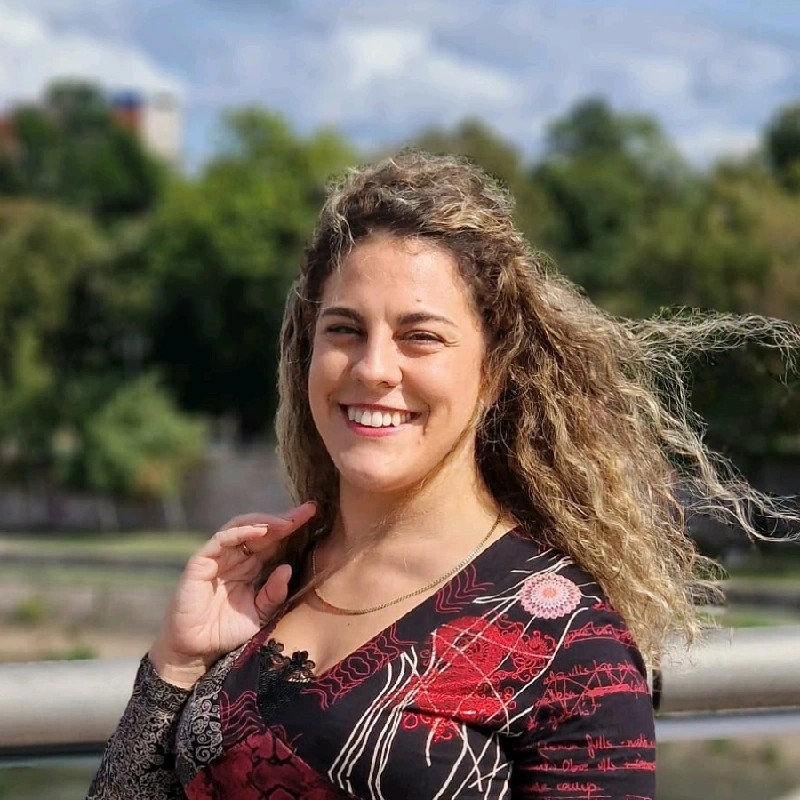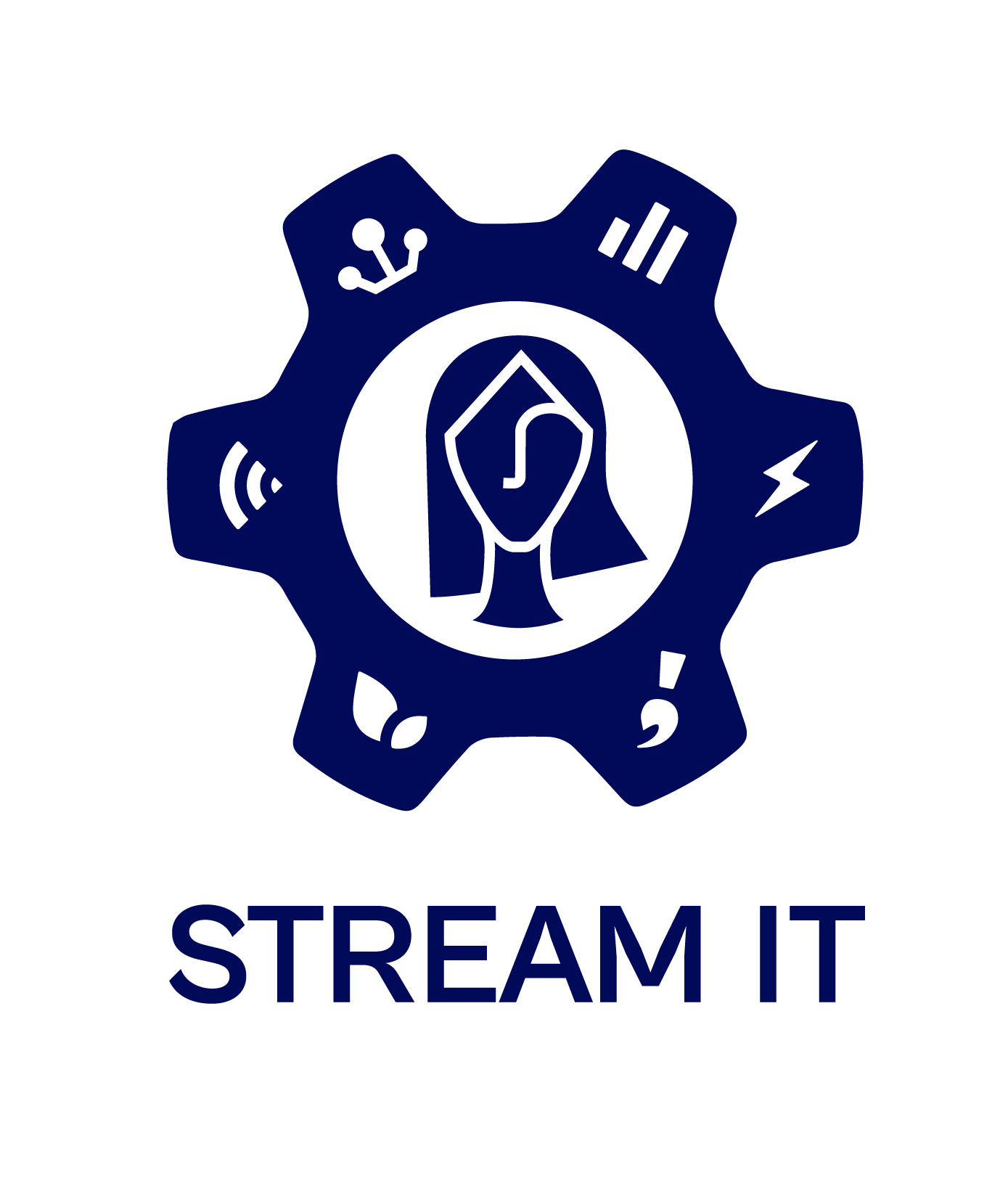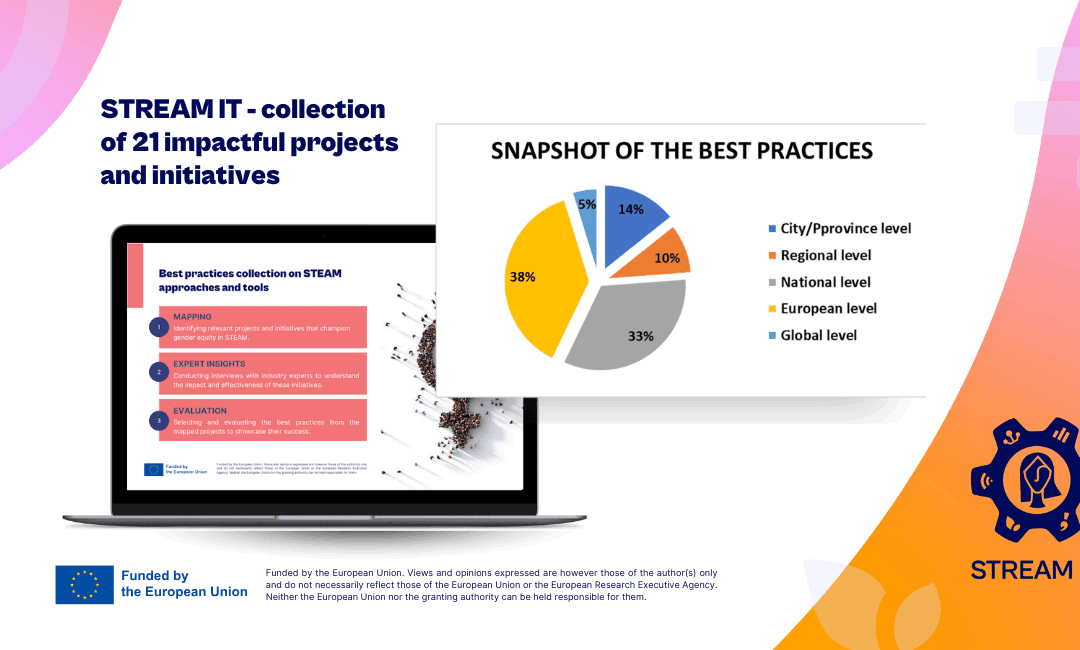As part of the ongoing efforts to promote gender equity in STEAM education, the ST(R)E(A)M IT project has produced the deliverable D2.2 – Best practices collection on STEAM approaches and tools. This important document represents a valuable milestone in the project’s mission to foster more inclusive and inspiring STEAM learning environments.
The deliverable showcases a collection of 21 impactful projects and initiatives, selected for their contribution to empowering girls and women to pursue education and careers in STE(A)M (Science, Technology, Engineering, Arts, and Mathematics). These examples range from local actions to global movements and provide practical, transferable insights for educators, policymakers, and stakeholders working to close the gender gap in STEAM.
Purpose and Approach
The primary objective of this deliverable was to identify good practices that have successfully engaged and supported women and girls in STEAM fields. Each selected initiative was documented in a fact sheet format, allowing easy access and usability for current and future project activities – not only within ST(R)E(A)M IT but also for the wider public and educational community.
Who was Involved
The development of the deliverable was coordinated by Institute Mihajlo Pupin – IMP (Serbia), with significant input from the following partners:
- HETFA Research Institute (Hungary) – HETFA
- Regional Agency for Entrepreneurship and Innovations (Bulgaria) – RAPIV
- Centro de Educación e Investigación en Sistemas Educativos (Italy) – CEISE
- Babeș-Bolyai University (Romania) – UBB
- Universidad de Burgos (Spain) – UBU
- Sunrise Valley Science and Technology Park (Lithuania) – SV STP
Together, they mapped, interviewed, and assessed a diverse set of initiatives that have demonstrated effectiveness in attracting and retaining female learners in STEAM. More details on our partners.

The Selected 21 Best Practices
📌Code First Girls – A non-profit organisation offering free coding courses and workshops to empower women and promote gender diversity in the tech industry.
📌DigiGirlz – An initiative by Microsoft that provides high school girls and young women with hands-on experiences, workshops, and career insights in the field of technology.
📌E-STEAM – A project fostering collaboration between schools and the labor market to support girls’ engagement in STEAM education through mentoring and an interactive virtual platform.
📌Future Women – An Erasmus+ project aimed at enhancing women’s digital and entrepreneurial skills relevant to STEM careers through MOOCs, career guidance training, and learning labs.
📌GE-STEAM – A European project that promotes gender equality in early education by integrating art into STEAM and challenging stereotypes through mentoring and interactive teaching materials.
📌Hypatia – A Hungarian initiative using drama-based workshops to improve 8–10-year-old girls’ confidence and interest in mathematics and STEM subjects.
📌Inspiring Girls Expedition – A program offering free, science-based wilderness expeditions for high school girls, combining field research with mentorship from female scientists and artists.
📌Legyél te is Számkirálynő! – A national Hungarian program using drama pedagogy to strengthen young girls’ mathematical skills and interest in STEM from an early age.
📌L’Oréal-UNESCO For Women in Science – A national competition supporting young female researchers in STEM with financial grants to promote scientific excellence and gender equality.
📌Maker Girls – A local Spanish program encouraging scientific curiosity and self-confidence among primary school girls through creative, hands-on technological projects.
📌Meitner Project – A Spanish initiative combining theater, workshops, and educational materials to honor women in science and promote STEM careers among young people.
📌OTTER – A European project promoting Education Outside the Classroom (EOC) to engage students with STEAM through real-life, interdisciplinary learning experiences.
📌She Chooses STEM for the FutureFirst Girls – An Erasmus+ project supporting girls in choosing STEM careers through educational guidelines, digital toolkits, storytelling, and school workshops across Europe.
📌STEM4GIRLS UC3M – A program by Universidad Carlos III de Madrid that introduces high school girls to inspiring female role models in science and showcases the contributions of women researchers throughout history.
📌The Association of Women in Engineering, Science, and Technology (AFIST) – A Romanian NGO that supports women in technical fields through mentoring, education, and cultural engagement.
📌International Girls in ICT Day – An initiative by the Association of Business Women of Serbia encouraging girls to explore ICT careers by organising visits to tech companies, mentorship, and creative competitions.
📌Women in Science – A Spanish project that raises awareness of overlooked women scientists through animated videos and educational materials for schools.
📌Women in Science: Present, Past and Future – A theatrical science outreach activity where contemporary female researchers portray historical women scientists to inspire young students, especially girls.
📌Women in STEM – STEMbg – A Bulgarian initiative that highlights and promotes the stories of women in STEM to inspire the next generation of girls to pursue scientific careers.
📌Women TechEU – An EU-funded scheme that supports women-led deep-tech startups through financial grants and mentoring to foster gender-inclusive innovation across Europe.
📌Women2Invest Programme – An EIT initiative that helps women with STEAM backgrounds transition into careers in venture capital and investment.
This cross-section of best practices showcases not only geographic diversity but also innovative, inclusive approaches to STEAM learning, mentorship, and empowerment.
Why It Matters
This deliverable serves as a library of solutions, ready to inspire adaptation and replication across Europe and beyond. By collecting and analysing proven good practices, ST(R)E(A)M IT enables educators and policy stakeholders to act with clarity and confidence in designing future initiatives that promote gender equality in STEAM.
The fact sheets will soon be made publicly available, offering an accessible toolkit for those aiming to transform STEAM education into a more inclusive, creative, and equitable space.
Author

Institute Mihajlo Pupin, Belgrade, Serbia
Daniela Kuzmanović is a Scientific Associate at the Mihajlo Pupin Institute in the field of environmental protection and sustainability. She works as a sustainability expert, focusing on sustainable development and innovation to empower companies, foster growth, and promote networking and international cooperation.

